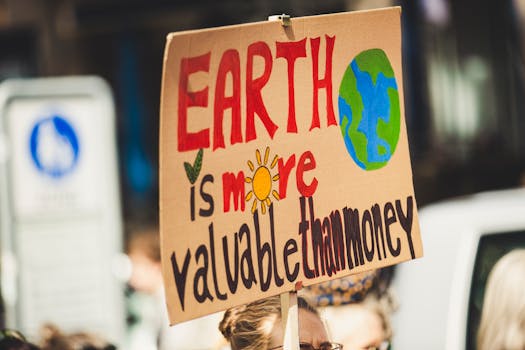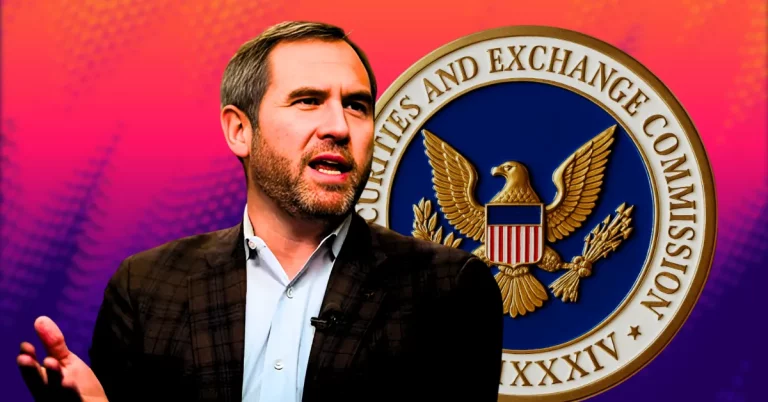
Introduction

The impact of climate change on global ecosystems is profound and far-reaching. As the climate continues to change due to human activities, the consequences on biodiversity, habitats, and ecological processes are becoming increasingly evident.
Effects on Biodiversity

Climate change is causing shifts in species distribution and altering the timing of biological events. Many species are struggling to adapt to rapid changes in temperature and weather patterns, leading to declines in populations and even extinction. For instance, polar bears rely on sea ice for hunting seals, and as ice melts, their hunting grounds diminish.
Habitat Loss and Alteration

Forests, wetlands, and coral reefs are among the ecosystems most affected by climate change. Increased temperatures, altered precipitation patterns, and rising sea levels are leading to habitat loss. For example, coral bleaching occurs when ocean temperatures rise, stressing coral reefs and leading to large-scale die-offs.
Impact on Ecosystem Services

Ecosystems provide essential services such as clean air, water filtration, and carbon sequestration. Climate change threatens these services, thereby impacting human well-being. Agricultural systems, which depend on stable climate conditions, are facing challenges such as droughts and floods, affecting food security globally.
Conclusion

In conclusion, the impact of climate change on global ecosystems is significant and poses serious threats to biodiversity, habitats, and the services that ecosystems provide. Immediate action is necessary to mitigate these effects and protect our planet for future generations.






